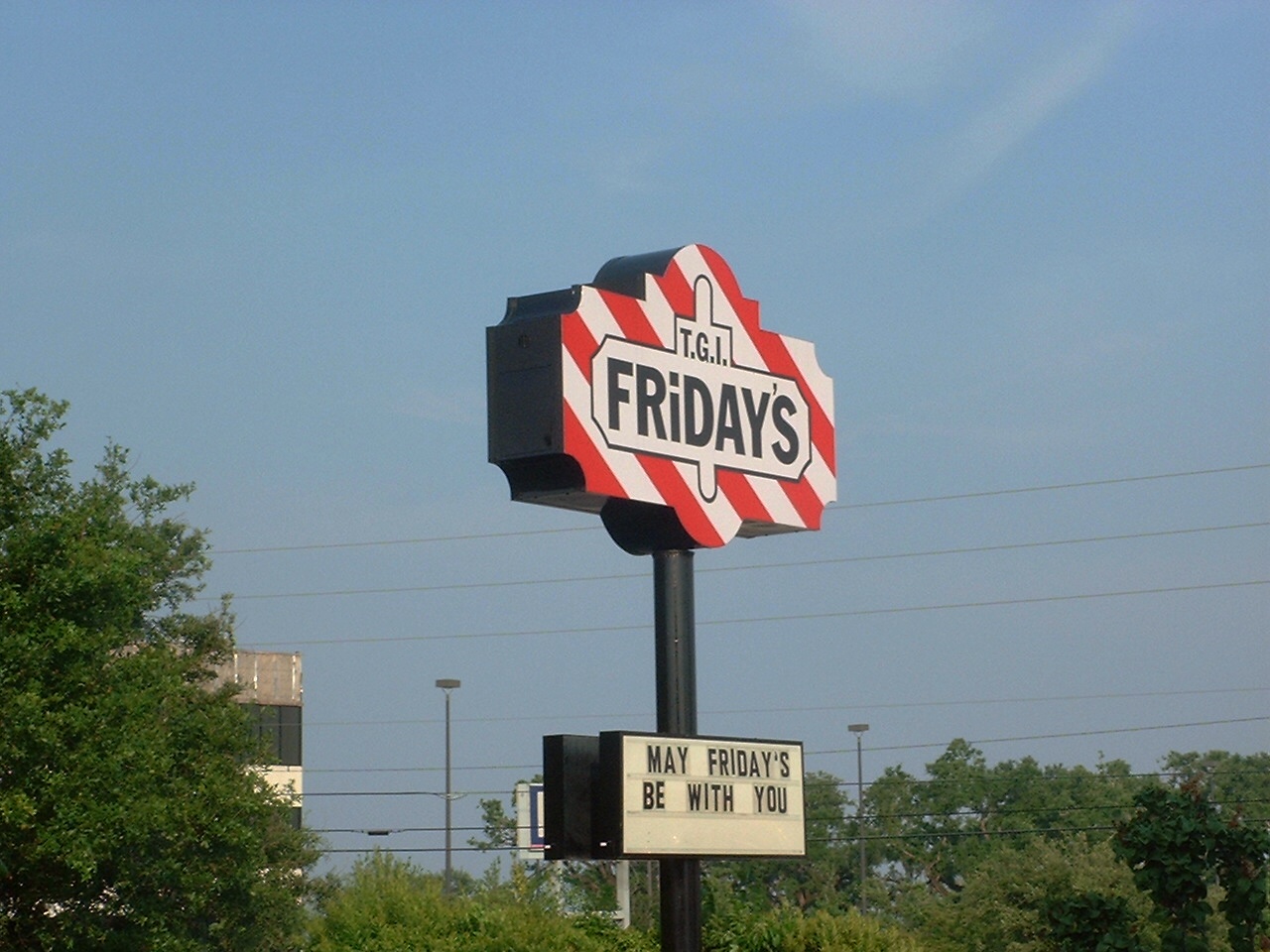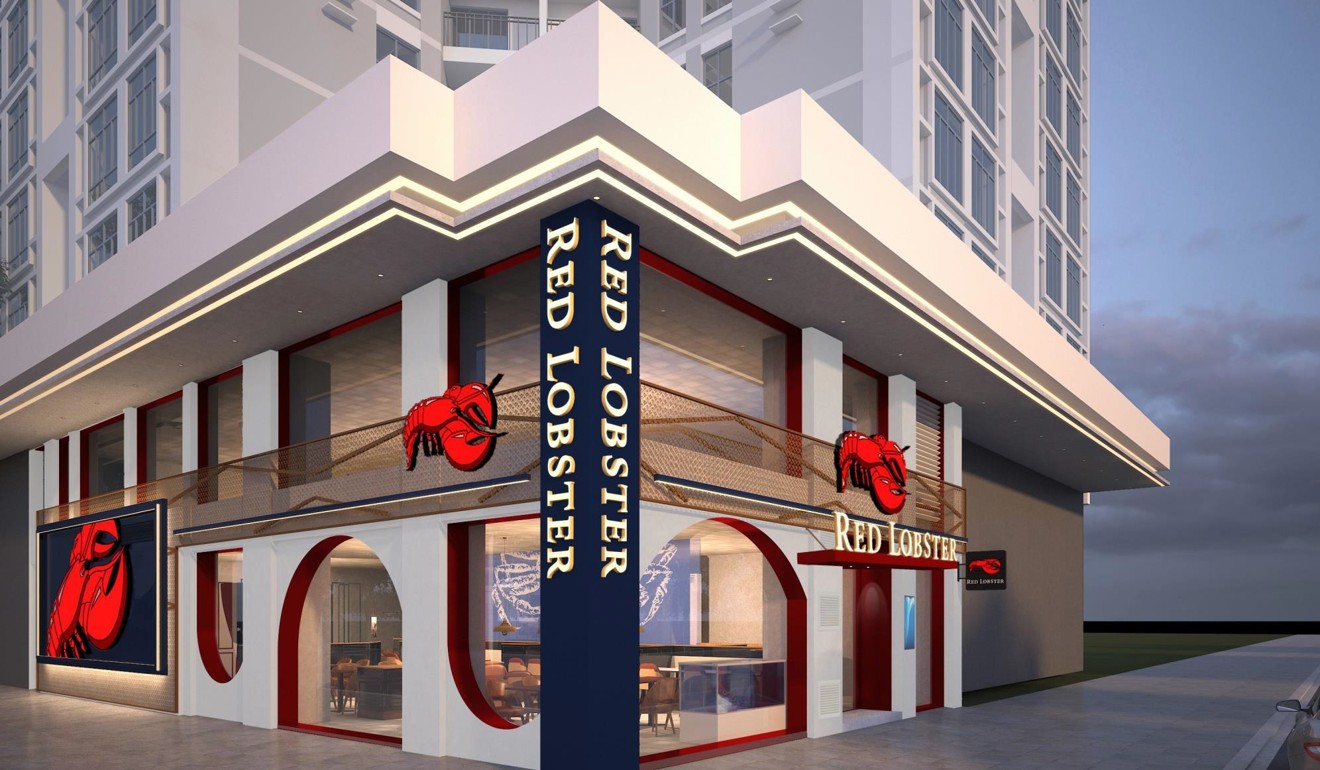
The landscape of American casual dining is shifting, marked recently by the significant financial distress and bankruptcy filings of long-standing giants like Red Lobster and TGI Fridays. These aren’t isolated incidents but symptoms of deeper structural challenges and strategic missteps in the industry. While changing consumer tastes and the lingering impact of the pandemic certainly played a role, a critical lens must be turned toward the increasing influence of private equity ownership.
Private equity firms have dramatically expanded their footprint in the bar and restaurant sector, investing a staggering $94.5 billion between 2014 and 2024, according to data compiled by PitchBook. The promise is often revitalizing struggling businesses with capital and expertise. However, the reality, as seen in numerous cases, can be quite different from the hopeful scenarios envisioned by these eateries when partnering with investment firms.
Indeed, evidence suggests a worrying correlation. Brendan Ballou, author of the book “Plunder: Private Equity’s Plan to Pillage America,” states plainly that “Companies that are owned by private equity firms are significantly more likely to go bankrupt than those that aren’t.” He argues that the inherent incentives for private equity firms often prioritize “short-term extractive strategies towards restaurants that oftentimes can lead to their harm, or, in extreme cases, to their destruction.”

The data from PitchBook for 2024 underscores this point: out of the 21 restaurant and bar chains that filed for bankruptcy, ten had been backed by private equity. Red Lobster and TGI Fridays stand out as two of the most prominent casualties in the casual dining segment, offering stark case studies in the complex interplay of market forces, operational challenges, and financial engineering under private equity ownership.
A key mechanism often employed by private equity, and frequently cited in these failures, involves leveraging the acquired company’s own assets and future earnings. Brendan Ballou highlights traditional tactics such as leveraged buyouts, where the firm uses borrowed cash to buy the company, but it’s the company itself that is saddled with the debt repayment obligation, not the firm that initiated the purchase. Another tactic, often implemented in tandem with a leveraged buyout, is the sale-leaseback arrangement.
In a sale-leaseback, the company sells off its real estate holdings – potentially valuable assets built up over decades – and then is required to lease those properties back from the new owner. This generates immediate cash for the firm but converts a fixed asset into a recurring, often escalating, operating cost for the restaurant chain. Gretchen Morgenson, a senior financial investigative reporter for NBC, points to this tactic as fundamentally damaging for one prominent chain.

Ms. Morgenson contends that the sale-leaseback was “key to Red Lobster’s failure.” She explains the dual burden imposed by such a deal: “Not only did it have debt that it had to repay, it now had rents that it had to pay that it had not had to pay before.” Adding insult to injury, according to Morgenson, the new owners of the properties sometimes increased the rents “to above market rates,” further squeezing the restaurant’s finances.
While it’s true that private equity can potentially infuse much-needed investment and cash into a restaurant concept, potentially prolonging its lifespan, the ultimate objective, as described by Donna Hitscherich, a senior lecturer at Columbia Business School and co-director of the Private Equity Program, is clear: “The goal of private equity is to be able to own the business, improve the business and exit the business.” This inherent focus on the exit strategy and maximizing return within a specific timeframe can sometimes conflict with the long-term operational health and necessary reinvestment a restaurant chain requires to adapt and thrive.
Of course, it’s crucial to acknowledge the inherent difficulty in isolating the impact of private equity from other business challenges. As Ms. Hitscherich points out, “It’s impossible to know what an outcome without private equity’s involvement would have looked like.” Business success is multifaceted, and “Certainly, as in any business, there are some operators that are more successful and some operators that are less successful.” However, the pattern of PE-backed bankruptcies suggests that the financial strategies employed by these firms often amplify existing vulnerabilities or create new ones.

The story of TGI Fridays offers a poignant example of a brand struggling to maintain relevance across changing generations and tastes, ultimately exacerbated by financial pressures. Starting life in the 1960s as a groundbreaking “hot singles bar,” Fridays successfully evolved into a “nice-enough family-friendly spot” during the 1980s and 90s, positioning itself somewhere between fast food and finer dining. However, in recent years, it has faced an uphill battle, becoming, as the context notes, a place “nobody really wants to go to” sufficiently to keep it out of financial peril.
The signs of struggle were apparent well before the bankruptcy filing. The company grappled with declining foot traffic and difficulty paying its bills. A revolving door of chief executives signaled internal turmoil; Ray Blanchette stepped down in May 2023 after five years, his successor Brandon Coleman III lasted only two months before exiting for “personal reasons,” and the next CEO, Weldon Spangler, reportedly left in August. Such rapid leadership changes make coherent strategic execution extraordinarily difficult.
At the start of 2024, Fridays closed 36 underperforming corporate-owned locations, an effort described as “optimizing and streamlining” operations – classic business language for cutting costs due to financial strain. By November 2nd, the company formally filed for bankruptcy, explicitly citing the COVID-19 pandemic and its “capital structure,” referring to the setup of its debt and equity, as the primary drivers of its financial distress. While the company aims to continue operations in its remaining 39 corporate-owned US locations post-bankruptcy, the journey there has been tumultuous.
The struggles at Fridays are symptomatic of a broader trend impacting many established casual dining chains, particularly those that became indistinguishable from competitors. Jonathan Maze, editor in chief of Restaurant Business Magazine, notes that these “bar and grill concepts” face declining appeal, as “there’s just not as many people who want to visit these on a regular basis any longer, for one reason or another.”

Changing consumer preferences have fundamentally altered the dining landscape. If someone craves a quality burger today, they might opt for fast-casual options like Shake Shack or Five Guys, which offer comparable quality at a potentially lower price point. For a special night out, diners might choose something less commoditized, perhaps an independent restaurant rather than a chain. And for those seeking a sports bar atmosphere centered on the game, competitors like Buffalo Wild Wings, which Burt Flickering of Strategic Resource Group observes has successfully evolved from targeting the “sports aficionado” to becoming more “family-oriented and team-oriented,” offer a more compelling experience.
TGI Fridays was sold to a pair of private equity firms, TriArtisan Capital Advisors and Sentinel Capital Partners, in 2014, although Sentinel exited in 2019. These owners, like their counterparts in other PE deals, sought ways to financialize the business. A significant move came in 2017 with a “whole business securitization” (WBS), a complex financial deal where the company issued debt backed by assets generating future cash flow, such as royalties from franchisees, intellectual property, and licensing agreements. John Bringardner, head of Debtwire, explains this is not uncommon, having been used by companies like Five Guys and Planet Fitness.
Mr. Bringardner clarifies that at a basic level, a WBS is similar to a bond, but the assets and liabilities are moved into a separate legal entity, a “special purpose vehicle,” which can often borrow money at a lower interest rate. The appeal for investors, and the reason for the lower rate, lies in the detailed data provided on the underlying cash flows and the fact that these investors are “first in line for payment, ahead of the company’s other costs,” according to Bringardner.
However, the WBS setup at TGI Fridays did not unfold smoothly. As part of the agreement, Fridays was obligated to provide regular financial updates related to the securitization, such as franchisee royalty amounts. Citibank, the manager overseeing this financing structure, terminated its role in September because the company failed to submit certain financial reports on time. Bringardner highlights the severity of this event, noting it was the first time a company had been dropped by its financing manager since the 2008 financial crisis. A backup manager, FTI Consulting, has since been put in place, but Bringardner states pointedly, “That was a clear sign of trouble. I mean, a healthy company does not get kicked out of managing it.”

Further indicators of Friday’s financial struggles were noted by Ragini Bhalla, head of brand and a spokesperson for Creditsafe, which monitors businesses’ financial stability. Ms. Bhalla observed that the company’s record of paying its bills on time had been “erratic and volatile” over the preceding 12 months, a clear sign that “You could see they’re struggling.”
Under its private equity ownership, TGI Fridays attempted a “dizzying number of changes,” as outlined by Alicia Kelso at Nation’s Restaurant News, in an effort to find a winning strategy. These included unexpected menu additions like poke bowls and sushi through a partnership with virtual kitchen company C3, a company in which TriArtisan had also invested $10 million in 2021, raising questions about potential mixed incentives in that strategic move. Burt Flickering criticized the PE owners for being “less nimble” and “not operators,” arguing they were too focused on extracting profit rather than reinvesting in operations and adapting to the market, failing to look at their “food-service competitors and channels.”
Related posts:
How private equity played a role in Red Lobster and TGI Fridays bankruptcies
5 restaurants, movie theater and more fail food safety inspections in Tri-Cities area
TGI Friday’s Bankruptcy: Why the Casual Restaurant Chain Went Bust




